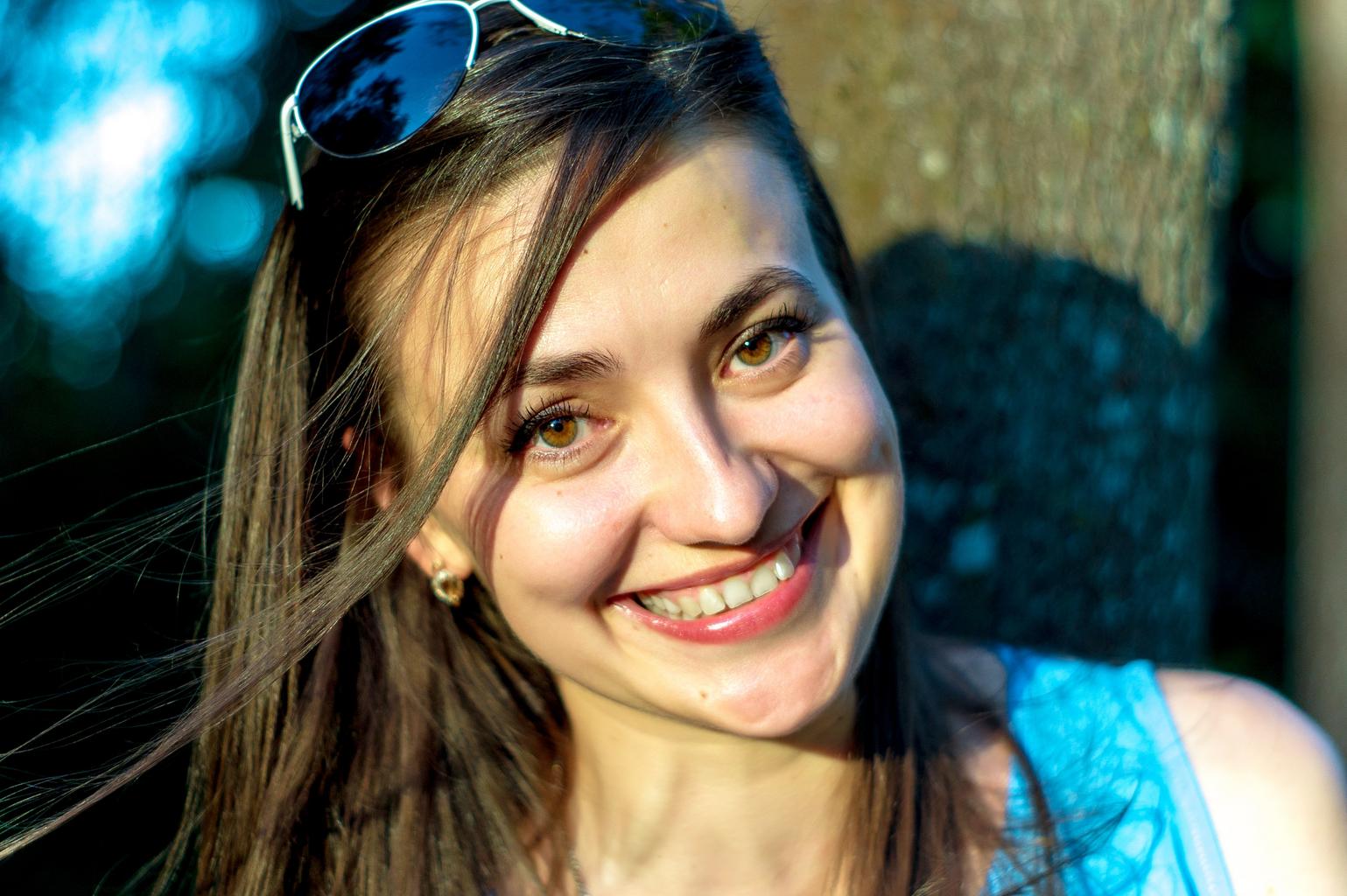
Intention
Noun in•ten•tion in-ten(t)-shen
1. an act or instance of determining mentally uponsome action or result.
2. the end or object intended; purpose.
I sat in my car, having just pulled into the Trader Joe's parking lot. I just needed to go in to pick up a few things. Sitting there I weighed my emotions and what thoughts I was having. I understood that how I was feeling and what I was thinking would determine my experience while in the store.
I could walk in with the basic intention of picking up the items I needed, make some inconsequential small talk with the check-out person and leave. Or, I could set my intention to have a more pleasant experience.
How do I do this?
How can changing my intention change my experience in my daily life?
I can talk about meditative practices that would bring about peace and tranquility to those that practice daily. I can talk about holistic retreats and monasteries that foster tranquility and reverence for life.
But I'm not going to.
I'm back sitting in my car, some metal music playing on the radio and I'm feeling a bit indifferent. So, there is a simple practice that always turns things around for me. There is something that I do when I am feeling indifferent, or sad, or even angry, that changes my outlook and then changes my intention.
I smile.
First internally, I'm still sitting in the car looking at the shoppers walking into Trader Joe's. Some have their head down, a scowl on their face. Some walk in with what appears to be a purpose similar to what I described earlier; get in, and get out as quickly as possible.
So, I smile and open the door to my car and walk into the store. The smile never leaves my face. It's a subtle smile, not the shit-eaten grin of a slightly deranged person. Each person I make eye contact with I smile. Most smile back. Some even say hello, or even engage in small-talk with me.
So, what is the biology behind a smile?
A smile begins in our sensory corridors. When we hear a whispered kind word, our eyes notice an old friend at the store. Or our hand feels the warmth of another's hand, this emotional data funnels into the brain. It leaves the left anterior temporal region, then rises to the surface of the face, where two muscles, are ordered to action: Residing in the cheek is the zygomatic major, which tugs the lips upward, and encircling the eye socket is the orbicularis oculi, which squeezes the outside corners creating laugh lines or crow's feet on our face. The entire event is very brief - usually lasting from two-thirds of a second to four seconds - and those who witness it often respond by mirroring the action, and smiling back.
So the unintentional display of a smile is contagious. When we see another person smile, we often cannot help but smile back. So what if we create an intentional smile. It may start out as a fake representation. Maybe our moods are not the happiest sitting there in the parking lot. Maybe we had a bad day at work, or got into a fight with a loved one.
This is where the law of intention comes into play;
"Inherent in every intention and desire is the mechanics for its fulfillment... intention and desire in the field of pure potentiality have infinite organizing power. And when we introduce an intention in the fertile ground of pure potentiality, we put this infinite organizing power to work for us. __ Depak Chopra.
An amazing thing happens when we choose to smile even when we really aren't feeling it. The moment another person sees you smile at them, they invariably smile back. That instant and often involuntary response changes your thought pattern. Someone smiled at you! Your smile stays on your face a few seconds more. Maybe someone else smiles at you again...
What that little gesture has on the small society inside of that Trader Joe's is nothing short of a miracle. Someone else had a bad day. You chose to enter the store with a smile on your face. The person witnesses that and smiles back. Quite possibly this small and seemingly insignificant event could change how they feel and view their day from then on. Now, multiply this by all the people they meet.
I was told something many decades ago.
We have the opportunity to change the world at least once every day.
What if that smile was a singular event that carried to hundreds of people, even thousands of people, effectively changing their view of life and themselves?
We do not often see the results of our actions, of our emotions on others. But a smile.
A smile is free and priceless.
Try one on for size next time you are sitting in the car in the parking lot. Or anywhere else.
http://ezinearticles.com/?The-Law-of-Intention&id=9613941

No comments:
Post a Comment